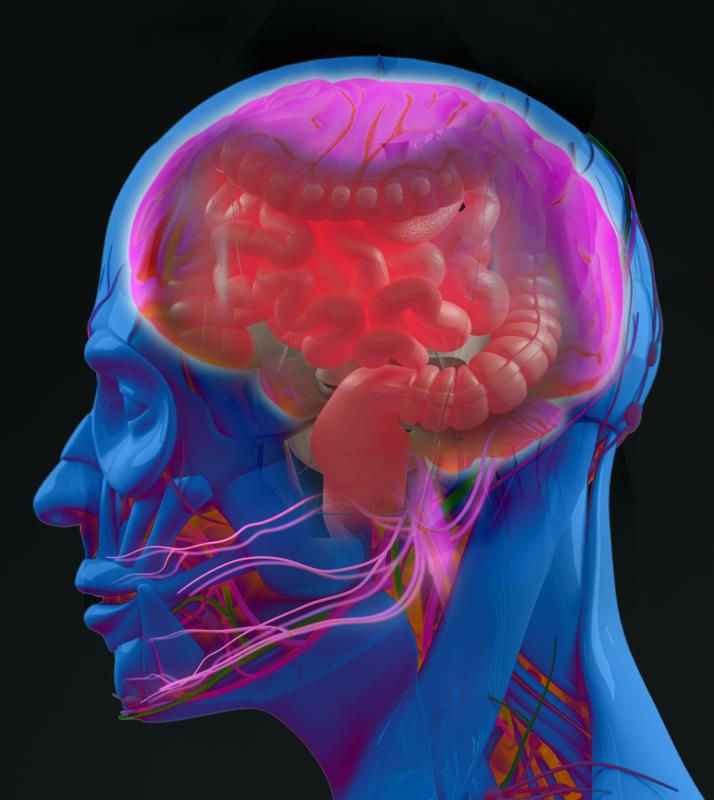
A number of psychological therapies help aid in the treatment of irritable bowel syndrome (IBS), with cognitive behavioural therapy (CBT)-based interventions and gut-directed therapy being the most effective over the long term, according to the results of a meta-analysis.
Researchers conducted a systematic review and searched multiple online databases for randomized controlled trials (RCTs) evaluating the effect of psychological therapies vs each other or a control intervention in adult IBS patients.
The search yielded 41 eligible RCTs for inclusion in the meta-analysis. The total population included 4,072 participants, among whom 2,616 received a psychological therapy and 1,456 a control intervention.
Pooled data revealed that the psychological interventions with the largest numbers of trials and patients recruited had superior efficacy to a control (eg, education and/or support). These specific interventions were self-administered or minimal contact CBT (relative risk [RR], 0.61, 95 percent confidence interval [CI], 0.45–0.83; p=0.66), face-to-face CBT (RR, 0.62, 95 percent CI, 0.48–0.80; p=0.65) and gut-directed hypnotherapy (RR, 0.67, 95 percent CI, 0.49–0.91; p=0.57).
In trials recruiting only patients with refractory symptoms, group CBT and gut-directed hypnotherapy were more effective than either education and/or support or routine care. On the other hand, CBT via the telephone, contingency management, CBT via the internet and dynamic psychotherapy were all better than routine care.
There was evidence of funnel plot asymmetry among all included trials, indicating a high risk of bias. This might have led to an overestimation of the efficacy of psychological therapies, according to the researchers.